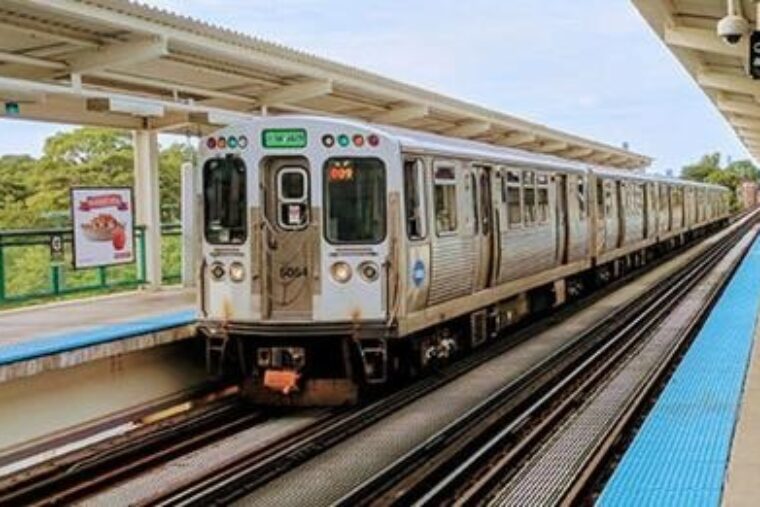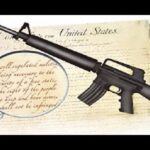The ruling concludes that the government failed to show an Illinois ban is “consistent with this Nation’s historical tradition of firearm regulation.”
Two years ago in New York State Rifle & Pistol Association v. Bruen, the U.S. Supreme Court upheld the constitutional right to carry guns in public for self-defense. But in Illinois, people with concealed-carry permits are committing a misdemeanor if they bring their handguns with them when they use public transportation. Among other locations, that ban covers all Metra commuter trains in the Chicago area, all of the buses and trains operated by the Chicago Transit Authority (CTA), and all facilities, including parking lots, associated with them. Last Friday, a federal judge deemed those restrictions unconstitutional as applied to four permit holders.
Under Bruen, the government has the burden of showing that a law is “consistent with this Nation’s historical tradition of firearm regulation” when it restricts conduct covered by the “plain text” of the Second Amendment. “The Court finds that Defendants have failed to meet their burden,” U.S. District Judge Iain D. Johnston writes in Schoenthal v. Raoul. “That failure is dispositive.”
Maintaining that the challenged provision of the 2013 Illinois Firearm Concealed Carry Act passes the Bruen test, Cook County State’s Attorney Kimberly Foxx cited several historical precedents, none of which Johnston considered adequate. She argued, for example, that the 14th century Statute of Northampton, which forbade “force in affray of the peace” and going or riding “armed” in “fairs” or “markets,” established a tradition of regulating arms in public that was continued in early American gun laws.
By Jacob Sullum



